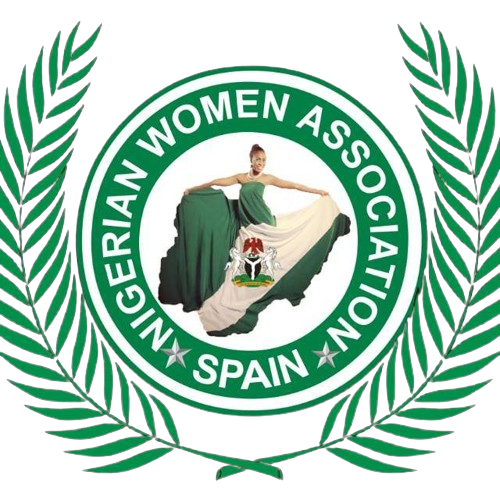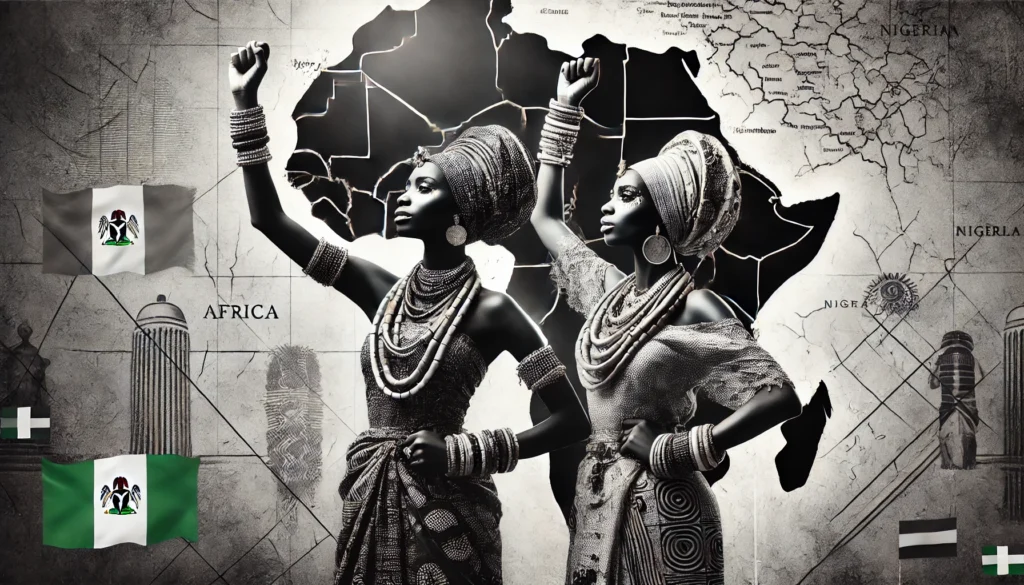
Mujeres nigerianas icónicas
Icons of Strength: Nigerian Women Who Shaped History
En los anales de la historia nigeriana, innumerables mujeres han emergido como íconos de fuerza, coraje y resiliencia. Desde guerreras hasta escritoras, estas mujeres desafiaron las normas sociales y defendieron la igualdad, la educación y la justicia social.
Esta sección celebra las vidas y el legado de mujeres nigerianas extraordinarias que rompieron barreras, inspiraron a generaciones y dejaron una huella imborrable en el panorama cultural y político del país. Sus historias son un faro de esperanza y empoderamiento, recordándonos el poder transformador del liderazgo y la determinación de las mujeres.
Funmilayo Ransome-Kuti
La jefa Funmilayo fue educadora, activista política, defensora de los derechos de las mujeres y aristócrata tradicional nigeriana. Nació el 25 de octubre de 1900 y falleció el 13 de abril de 1978. Funmilayo fue madre del legendario músico Fela Kuti.
Fue una destacada líder de su época y una de las más destacadas. Fue la primera mujer nigeriana en conducir un automóvil. Funmilayo fue conocida por su papel en la Unión de Mujeres de Abeokuta, donde defendió los derechos de las mujeres y luchó contra la tributación injusta y el colonialismo.
Sus esfuerzos en la promoción de los derechos de las mujeres le valieron reconocimiento nacional e internacional, y fue galardonada con el Premio Lenin de la Paz. Funmilayo también fue una de las primeras mujeres en participar en la política nigeriana y fue miembro fundadora de la Unión de Mujeres de Nigeria.
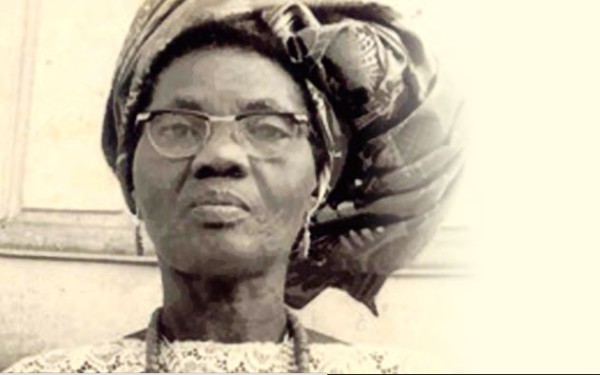

Amina de Zazzau
Amina de Zazzau, también conocida como la Reina Amina, fue una reina guerrera hausa de la ciudad-estado de Zazzau, ubicada en la actual Nigeria. Se cree que vivió a principios del siglo XVI.
Amina es célebre por sus hazañas militares y se sabe que expandió el territorio de Zazzau mediante guerras y alianzas. Se la recuerda por construir un imperio fuerte y próspero y fue clave en la introducción de la nuez de cola en la zona, que se convirtió en una parte importante del comercio y las prácticas culturales.
El legado de Amina sigue siendo una inspiración y a menudo se la celebra como símbolo del empoderamiento y la fuerza femenina en la historia nigeriana.
Reina Moremi
Moremi Ajasoro, conocida popularmente como la Reina Moremi, fue una legendaria reina yoruba que desempeñó un papel fundamental en la historia del pueblo yoruba. Es reconocida por su valentía y sacrificio al liberar el reino yoruba de Ife del dominio de las tribus vecinas.
Según la leyenda, Moremi fue capturada por los ugbo, pero usó su ingenio y encanto para descubrir los secretos de sus captores y luego escapó para regresar con información vital que ayudó al pueblo ife a derrotarlos.
Es recordada por su altruista acto de valentía y se le rinde homenaje anualmente en el Festival Edi en Ile-Ife. El festival celebra su vida y sus contribuciones a la cultura e historia yoruba.
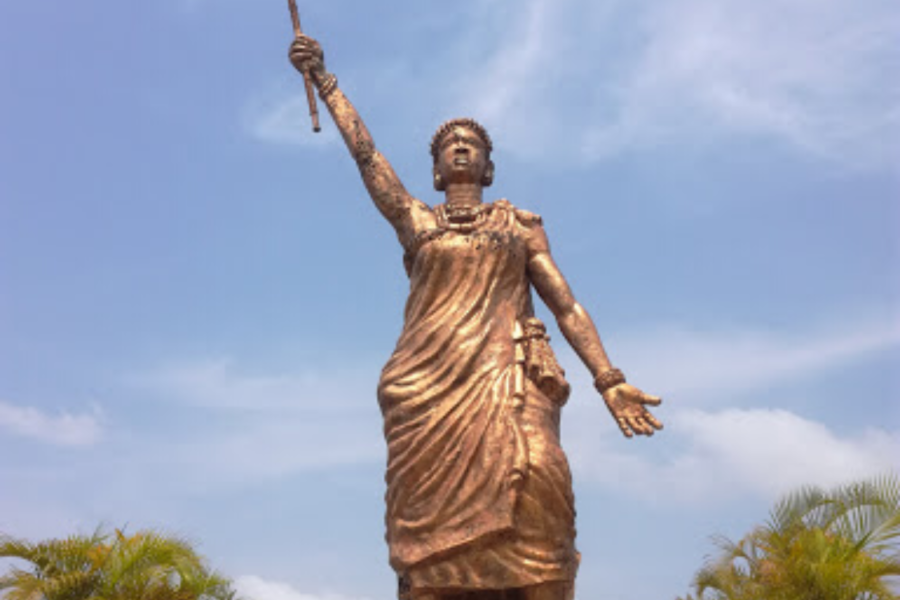
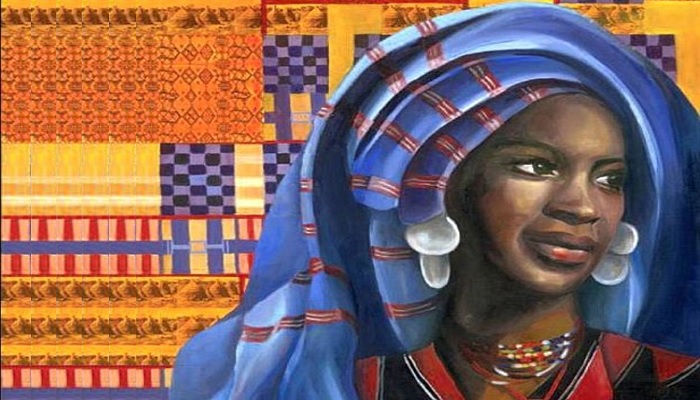
Nana Asma’u
Una mujer culta y brillante, hija de Usman Dan Fodio. Fue princesa y poeta del califato de Sokoto. Vivió entre 1793 y 1864. Fue escritora, maestra y erudita religiosa.
Dominante en árabe, fulfulde, hausa y tamajaq, Asma’u fue una reconocida erudita en las tradiciones de los fodiawa, que escribió en árabe clásico, la lengua de la erudición islámica, y también en fulah, la lengua de su padre. Memorizó el Corán y los hadices, así como otros textos relacionados con el fiqh (jurisprudencia islámica).
Fue responsable del establecimiento de sistemas educativos para las mujeres en la región y una firme defensora de los derechos, la educación y la alfabetización de las mujeres. Nana Asma’u trabajó para promover la condición de las mujeres y garantizar que recibieran una educación adecuada en las enseñanzas islámicas.
Flora Nwapa
Florence Nwanzuruahu Nkiru Nwapa, conocida popularmente como Flora Nwapa, fue una escritora, profesora y administradora nigeriana. Fue la primera novelista africana publicada en inglés en Gran Bretaña y alcanzó reconocimiento internacional con su primera novela, “Efuru”, publicada en 1966 por Heinemann Educational Books.
Nació el 13 de enero de 1931 y falleció el 16 de octubre de 1993. Es conocida por recrear la vida y las tradiciones igbo desde la perspectiva de una mujer. Además de su carrera literaria, Flora Nwapa fue una firme defensora de los derechos de las mujeres y activista por su empoderamiento.
También trabajó como editora de literatura africana y promovió la obra de otros escritores africanos. Formó parte de la delegación nigeriana ante la Asamblea General de las Naciones Unidas en 1966 y 1967.
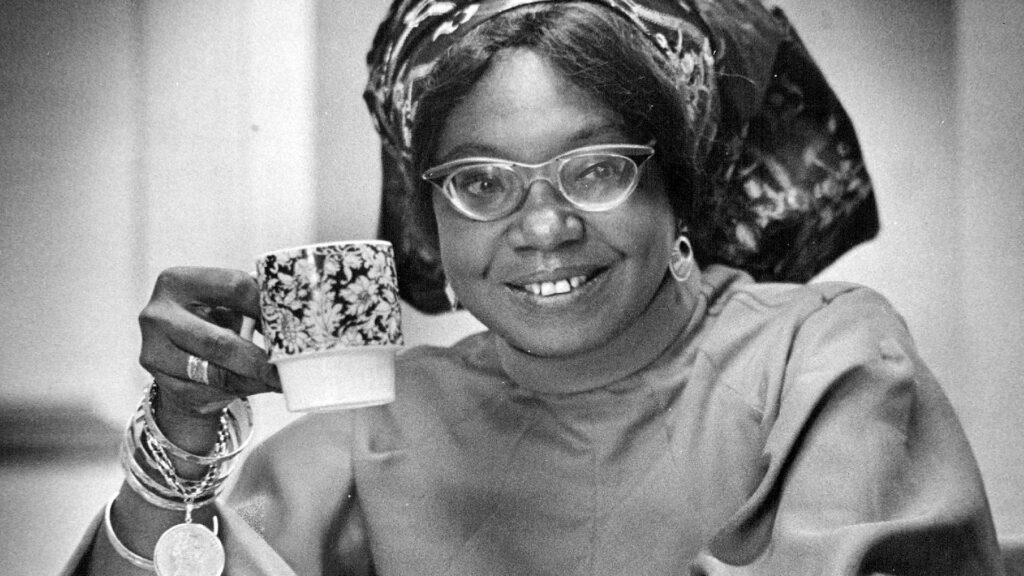
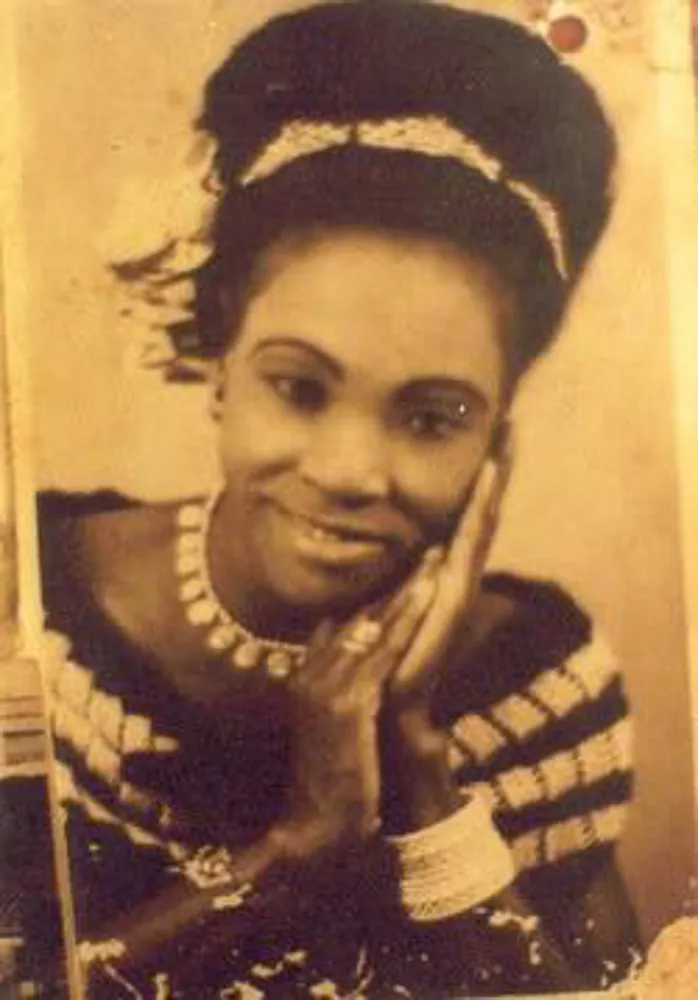
Margaret Ekpo
La jefa Margaret Ekpo fue una activista y política nigeriana por los derechos de las mujeres durante la primera república de Nigeria. Nació el 27 de julio de 1914 y falleció el 21 de septiembre de 2006. Margaret Ekpo fue una pionera política entre las mujeres nigerianas y la primera nigeriana en ser nombrada miembro del Parlamento Nacional.
Fue una figura importante en el movimiento independentista y una firme defensora de los derechos de las mujeres y la justicia social. Su activismo comenzó en 1946, cuando asistía a reuniones políticas en representación de su esposo, médico, y desde entonces se convirtió en una firme defensora de la participación de las mujeres en el gobierno.
También fundó la Asociación de Mujeres del Municipio de Aba en 1954, que fue fundamental en la lucha por los derechos de las mujeres y la justicia social en Nigeria.
